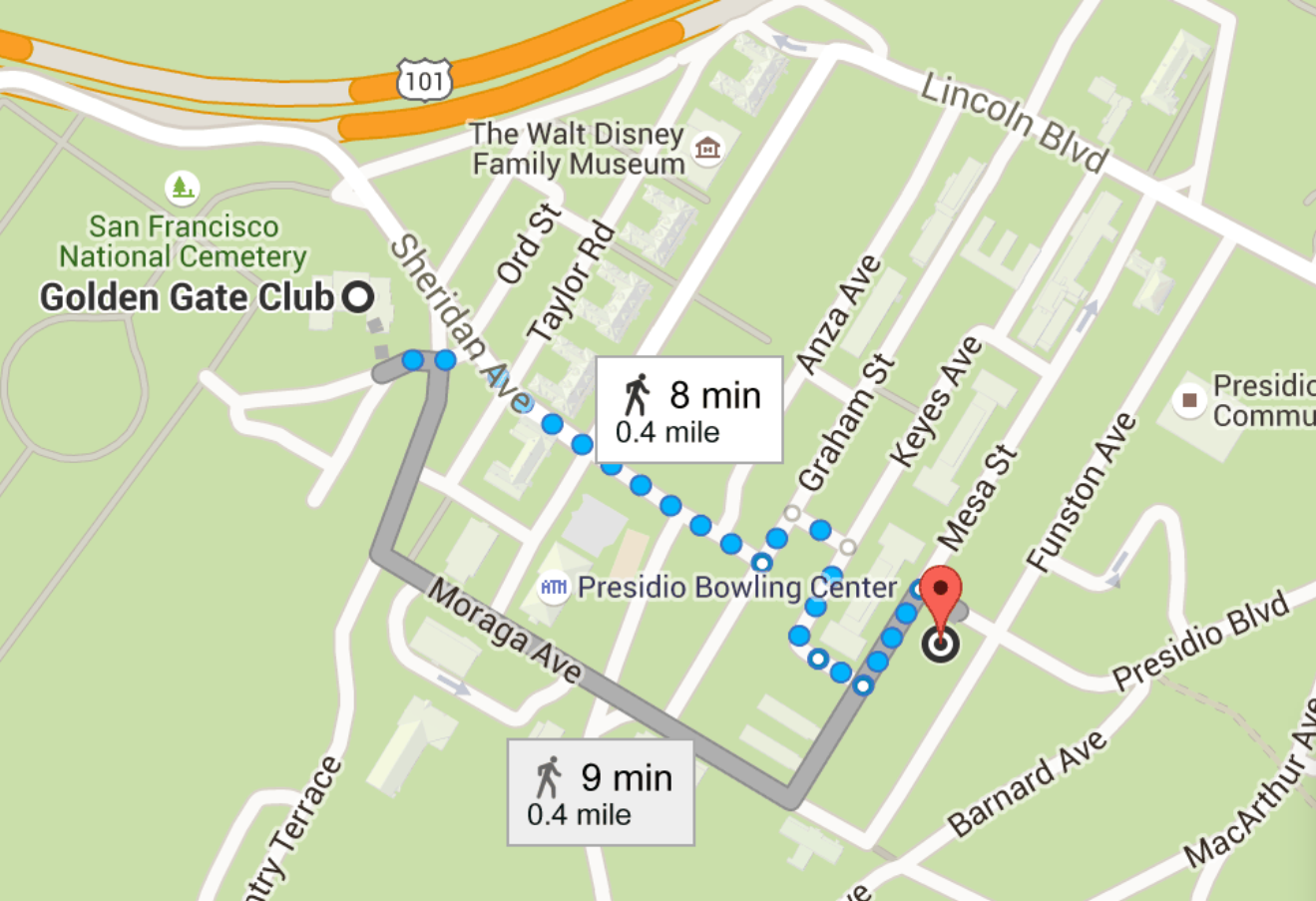Adam Blum of Open Ed, will be presenting the following keynote at OpenSym 2016:

Title: Truly Open OER: What the Open Education Movement Can Learn from Open Source’s Success
Abstract: Most OER repositories have been around for more than a decade but the growth rates have been marginal. By contrast open source has become the dominant platform for web development. We believe the primary reason is that OER has not become truly open. A new definition of “open” in OER could be: open source the catalog itself, provide an open API for searching and contributing resources, open universal access to all partners, and openness to paid and free content. We’ll describe how each of these principles will accelerate adoption and impact of OER.
Speaker’s Biography: CEO/CTO/VP Engineering of several successful startups. Formerly adjunct professor at UC Berkeley and Carnegie Mellon. Author of three computer science texts, including first book on web server development. Continually active open source contributor. Now building OpenEd – the largest K-12 resource library and “operating system for personalized learning”, used by many other ed tech companies to provide just the right resource for each student. OpenEd was acquired by ACT in May of this year.
This contribution to OpenSym 2016 will be made available as part of the OpenSym 2016 proceedings on or after August 17, 2016.
